Homo orcus
Posted by: Loren Coleman on March 18th, 2011
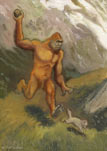
Copyright Philippe Coudray. Used with permission.
What will happen when a new near-human species is discovered? There is a film that tries to address this question.
This 50-minute-long fictional docudrama from 2010 is about the hairy unknown hominids of the Pyrenee Mountains (sur l’homme sauvage des Pyrénées). It will be shown on April 7th, 2011, at the “Le Festival” in Bordeaux. (Below is a trailer; the film is in French.)
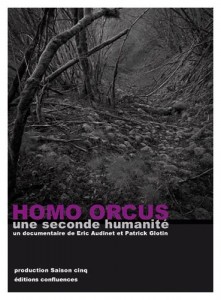
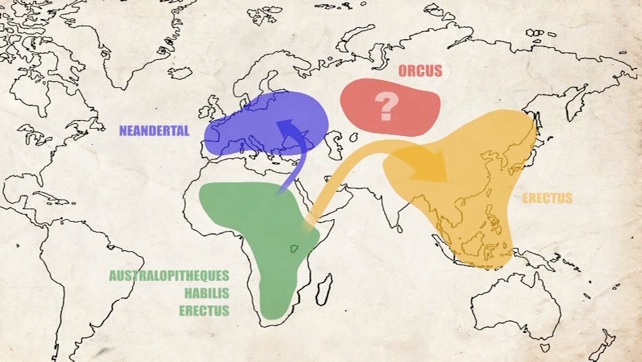
Here’s the fake press release that goes with the film:
May 2010: the discovery by German and French palaeontologists of a new hominid species. An investigation into the existence of this “intra-terrestrial” plunges us into a profusion of scientific, philosophical and moral questions.
The beginning of 2010 was full of surprises for those interested in Man’s origins.
The discovery of Denisova man and the revelation of interbreeding between Homo Sapiens and Neanderthals by researchers at the Max Planck University are decisive scientific developments that have called whole areas of knowledge into question. But this is the very nature of science, which advances via the validation and challenging of hypotheses.
Even more difficult to believe has been the discovery of Homo orcus, a hominid currently living in the big forests of Europe. Although previously recorded in 1998 by Delson and Flinkenstein, German palaeontologists from the University of Heidelberg, their claims were never taken seriously. It’s been a shock for the scientific community, and triggered a major philosophical upheaval.
Nothing of this kind has been dreamed of since Copernicus and Galileo.
The investigation into Homo orcus is led by leading specialists in the field, anthropologists, geneticists from INSERM and the CNRS, philosophers and Jesuit theologians. Their expertise helps us to accept the unimaginable. This film also leads us to the heart of the habitat of Homo orcus, into the forests, in the company of local people with some occasionally alarming tales to tell.
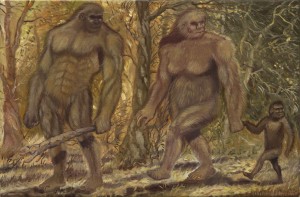
Copyright Philippe Coudray. Used with permission.
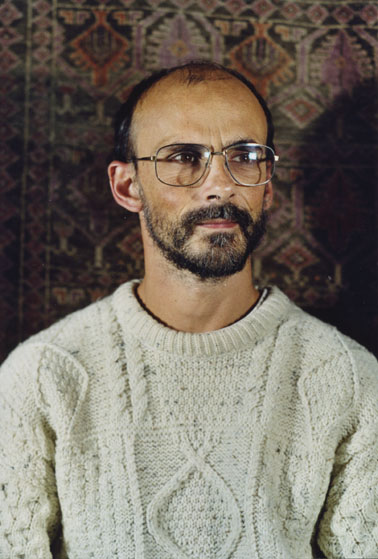
Real French cryptozoologist Philippe Coudray plays a cryptozoologist in the docudrama.
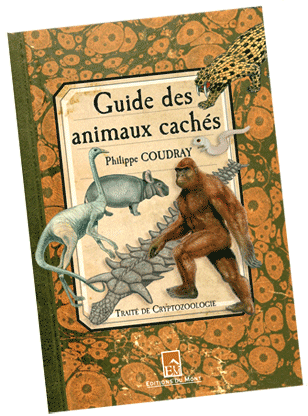
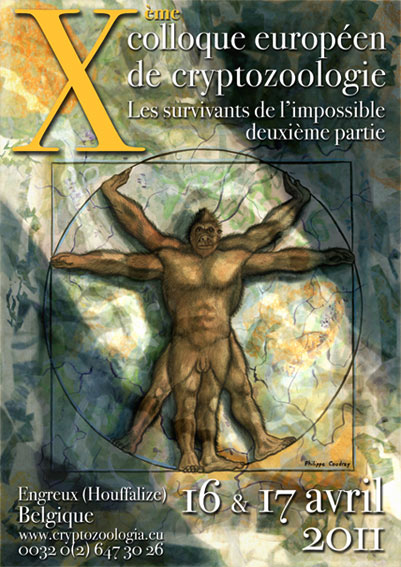
About Loren Coleman
Loren Coleman is one of the world’s leading cryptozoologists, some say “the” leading living cryptozoologist. Certainly, he is acknowledged as the current living American researcher and writer who has most popularized cryptozoology in the late 20th and early 21st centuries.
Starting his fieldwork and investigations in 1960, after traveling and trekking extensively in pursuit of cryptozoological mysteries, Coleman began writing to share his experiences in 1969. An honorary member of Ivan T. Sanderson’s Society for the Investigation of the Unexplained in the 1970s, Coleman has been bestowed with similar honorary memberships of the North Idaho College Cryptozoology Club in 1983, and in subsequent years, that of the British Columbia Scientific Cryptozoology Club, CryptoSafari International, and other international organizations. He was also a Life Member and Benefactor of the International Society of Cryptozoology (now-defunct).
Loren Coleman’s daily blog, as a member of the Cryptomundo Team, served as an ongoing avenue of communication for the ever-growing body of cryptozoo news from 2005 through 2013. He returned as an infrequent contributor beginning Halloween week of 2015.
Coleman is the founder in 2003, and current director of the International Cryptozoology Museum in Portland, Maine.






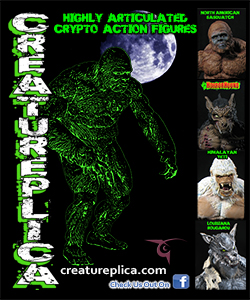
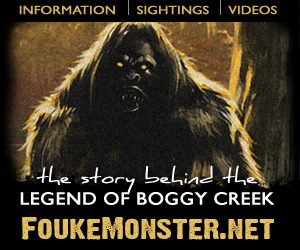
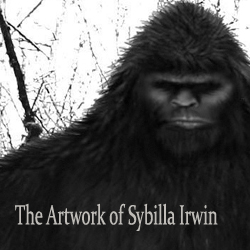

When, not if. Very interesting speculation in light of the recent discoveries. Thanks for bringing this to us.
This is really neat. I just wish I could understand what they were saying.
Regarding the choice of the binomial name ‘orcus’; is there a specific etymology for this name? Is it related to orc and the meaning ‘monster’, as reflected in the origin of the word ‘ogre’, presumably for its great ravenous appetite and mouth.
IIRC, “Orcus” was a Roman god of Death or the Underworld. I’ve seen it alleged that the Old English “orc” was derived from “Orcus”, but I wouldn’t know for sure myself, not being a scholar of either Latin or Old English.